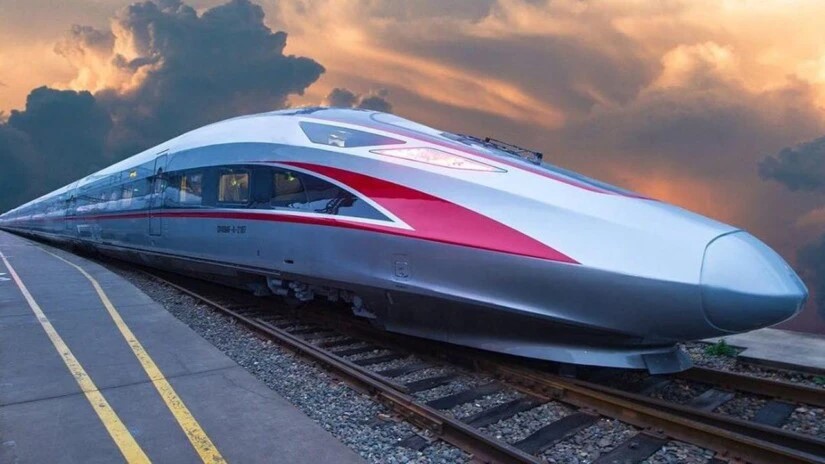Jakarta – Minister of Maritime Affairs and Investment Coordination, Luhut Binsar Pandjaitan, announced the formation of a dedicated team to spearhead the Jakarta-Surabaya high-speed train project. Transport analyst from the Indonesian Transportation Society (MTI), Deddy Herlambang, also provided insights regarding the extension plan of the Jakarta-Bandung high-speed train project.
According to Herlambang, the Jakarta-Surabaya high-speed train is poised to achieve greater success compared to the Jakarta-Bandung project, which is already operational. He argued that high-speed trains are ideally suited for long distances, preferably exceeding 800 kilometers.
“It’s not like the 147-kilometer Halim-Tegalluar high-speed train route (Jakarta-Bandung),” he remarked during a phone interview on Wednesday, April 24, 2024.
Conversely, Herlambang suggested that building a high-speed train for distances below 800 kilometers would incur losses for the country. Cost factors contribute to why the Jakarta-Bandung high-speed train project is considered unprofitable.
“For distances of 100 to 200 kilometers, like to Bandung, the market segment primarily consists of car users or travelers via toll roads,” stated Herlambang. With such short distances, he believed that the high-speed train occupancy rate would be significantly lower.
Herlambang also stated that high-speed trains are not suitable for distances of only 400 to 500 kilometers. According to him, the presence of high-speed trains covering distances below 800 kilometers could disrupt the inter-provincial long-distance bus market.
“Most long-distance buses serve users traveling distances of 400 to 500 kilometers, such as Jakarta-Semarang-Yogyakarta/Solo,” he added.
Moreover, he mentioned that the extension of the Jakarta-Bandung high-speed train project could alleviate air travel congestion. “We need to reduce the heavily congested air travel traffic between Jakarta and Surabaya,” he emphasized. Regarding the financing of the Jakarta-Surabaya high-speed train project, Herlambang noted that state capital participation or PMN remains necessary. He reasoned that since the estimated profitability of the Jakarta-Surabaya high-speed train project would only be realized in at least 30 years, PMN could ensure the financial health of state-owned enterprises (SOEs).









